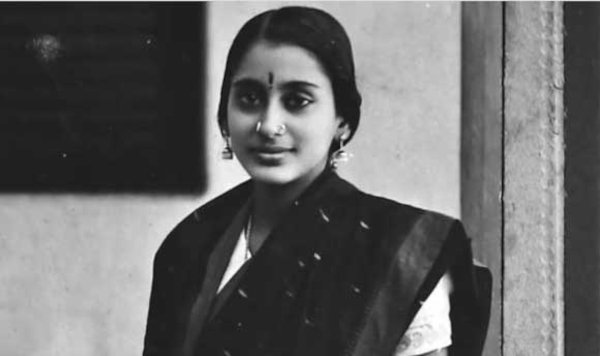The first woman officer of the Indian Air Force, Wing Commander Vijayalakshmi Ramanan passed away in the city on Sunday evening. She was 96.
Born in February 1924, Vijayalakshmi, an obstetrician and gynaecologist by training, had originally joined the Indian Army in 1955 on what only meant to be a short-service commission.
Instead, she was seconded to the Indian Air Force to become its first woman commissioned officer and ended up staying in the service for 24 years.
Her son-in-law, S V L Narayan, a resident of Jayanagar, said that until 2013, Vijayalakshmi had been living independently at her own home in Ulsoor with just one helper. “She subsequently moved in with us but was still robust and energetic until last week, when she unexpectedly collapsed. She was admitted to the Indian Air Force’s Command Hospital, where her condition was stabilized,” he said.
“When the end came on Sunday evening, it was peaceful,” he added.
Officially known as Officer 4971, Vijayalakshmi cut a petite figure compared to her male counterparts in the officer corps. She later told documentarians that “initially I was scared because I had never worked with men. But I had the braveness to face anything in life.”
She said that she joined the armed forces, after her husband, also an officer in the Indian Air Force, asked her to apply. She later recalled that for years she was the only woman officer in the air force. “All together, there were maybe only a dozen of us in the military,” she said.
But her singular presence in the air force also came with some immediate challenges. For one, there were no uniforms for women. Vijayalakshmi decided to have a custom-made saree tailored in air force blues and a tan blouse. The airforce would later adopt this as standard issue.
When asked if she had faced any discrimination in the air force, Narayan said no. “In fact, we asked her this, in the wake of the recent disclosures of the experiences of Gunjan Saxena, but she said had never been made to feel unwelcome,” he said.
Vijayalakshmi was subsequently posted to Air Force hospitals in Jalahalli, Kanpur, Secunderbad and in Bengaluru. Besides being a gynaecologist and delivering babies, she also had administrative duties of the Medical Board, Family planning. She also took classes for Nursing officers in Obstetrics and Gynaecology.
When the wars broke out in 1962, 1966 and 1971, she also helped treat wounded troops and airmen. Finally, in 1971, her short-service commission was supplanted by a permanent commission in 1971. By 1979, the year of her retirement, she held the rank of Wing Commander.
Two years before, she had been awarded the Vishist Seva medal by President Neelam Sanjiva Reddy for meritorious service.
Narayan said that while Vijayalakshmi primarily identified herself as a doctor, she actually wore many hats. “She was a skilled Carnatic musician. In the years before joining the airforce, she was an AIR artiste from the age of 15. While studying medicine at Madras College in the 1940s, she represented her college at music competitions. For All India Radio, she broadcast regularly from Delhi, Lucknow, Secunderbad and Bengaluru,” he said.
Vijayalakshmi came from a family with military connections. Her father, a prominent public health official in Chennai (then Madras) had served during World War I.
Source: DH
You may also like
-
IAF Aircraft Set Course For Exercise Eastern Bridge VII At Oman
-
IAF Set To Host The Indian Defence Aviation Exposition-II At Jodhpur
-
Defence Secretary to co-chair 5th India-Philippines Joint Defence Cooperation Committee meeting in Manila
-
Simultaneous Launch Of ‘malpe And Mulki’, Fourth And Fifth Ships Of Asw Swc (Csl) Project
-
Aatmanirbharta in Defence: MoD signs Contract with HAL for 240 AL-31FP Aero Engines for Su-30MKI Aircraft
